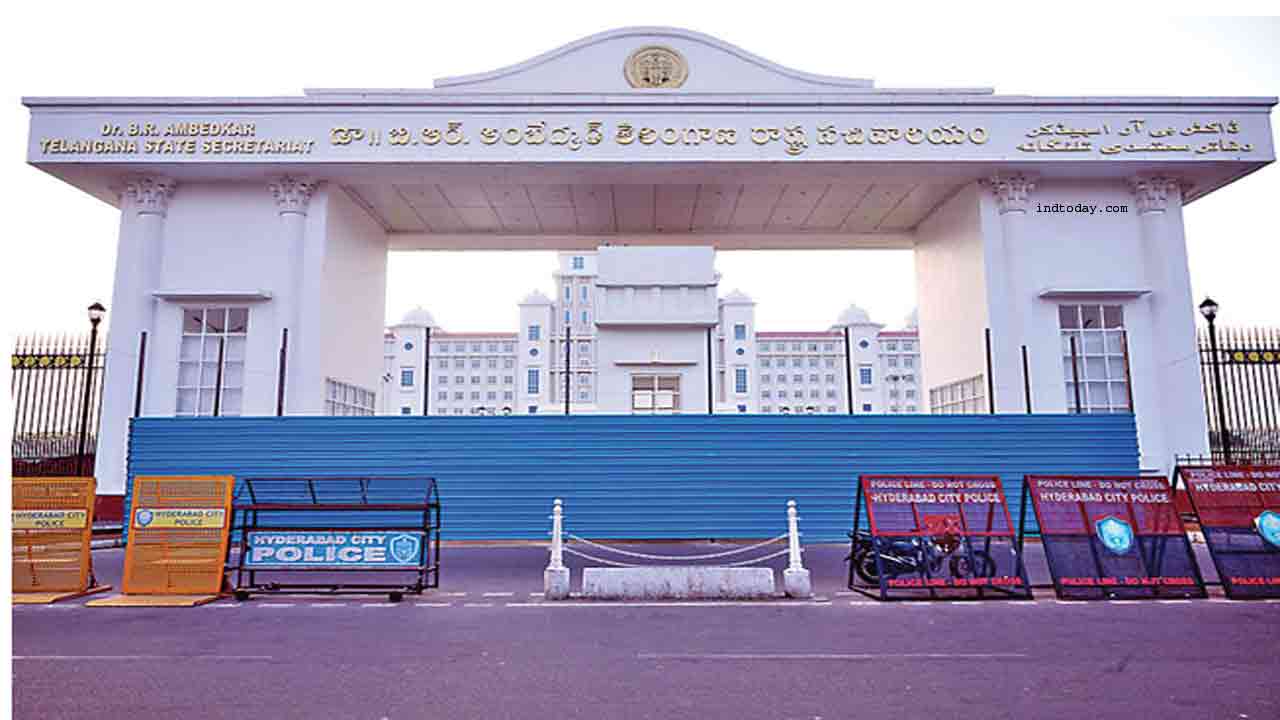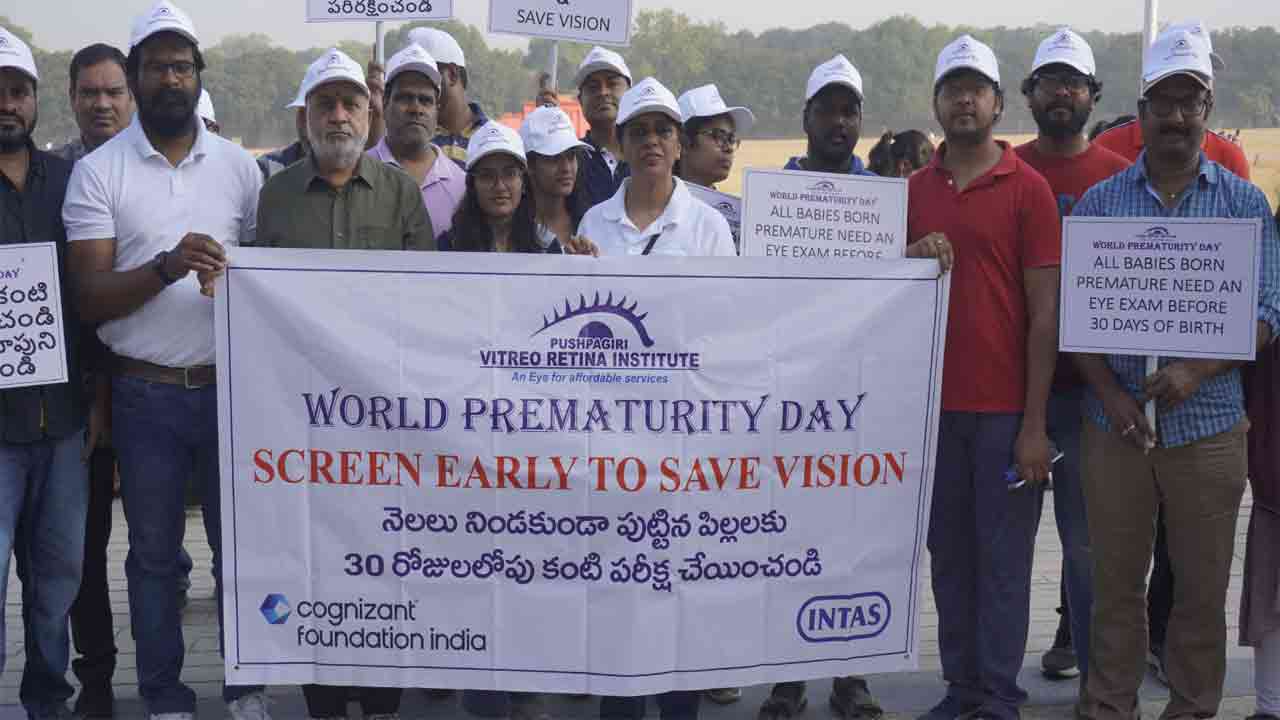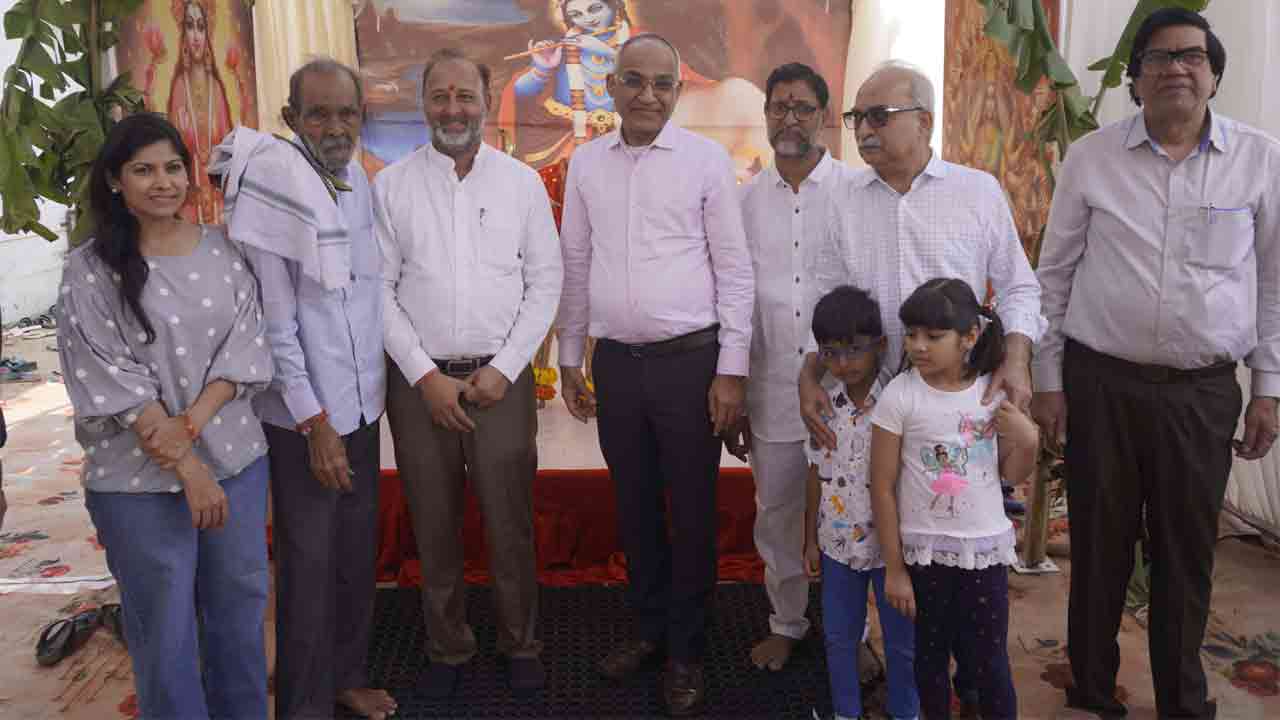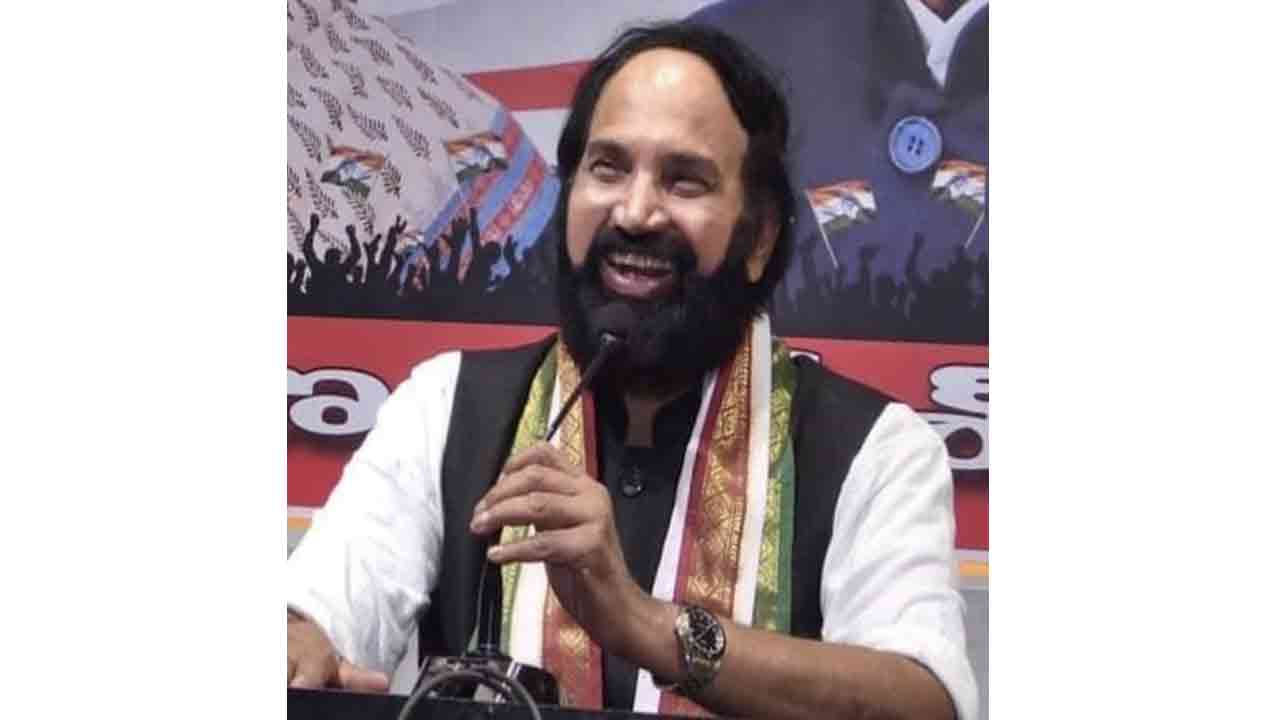Telangana Urdu Working Journalists’ Federation Demands Justice for Urdu Journalists
Hyderabad, July 4: Urdu journalism plays a vital role in shaping public opinion and providing information to the Urdu-speaking population.
However, in the state of Telangana, Urdu journalists face discrimination and are deprived of their rights. The Telangana Urdu Working Journalists’ Federation (TUWJF), an organization representing Urdu journalists, is fighting for the welfare and rights of these journalists across the state.
Let’s delve into the demands put forth by the federation and the urgent need for addressing the issues faced by Urdu journalists.
The Plight of Urdu Journalists in Telangana:
In Telangana, Urdu journalists are being unfairly classified solely based on their language. One glaring example of this discrimination is G.O.Ms.No.239 (Telangana Media Accreditation Rules 2016). The federation has been tirelessly advocating for the rights of Urdu journalists and striving to rectify the injustices caused by this G.O. Despite their continuous representations over the past three years, highlighting the grievances faced by Urdu journalists and the need to restore the Mandal accreditation card facility for Urdu scribes, the government has failed to address these concerns effectively.
National Conference and Resolutions:
To intensify their efforts and draw the government’s attention to the issues faced by Urdu journalists, the Telangana Urdu Working Journalists’ Federation organized a national conference on May 28, 2023. During the conference, 25 resolutions were approved, and these resolutions were subsequently handed over to the Office of the Chief Minister and the Commissioner of Information and Public Relations Department in Hyderabad.
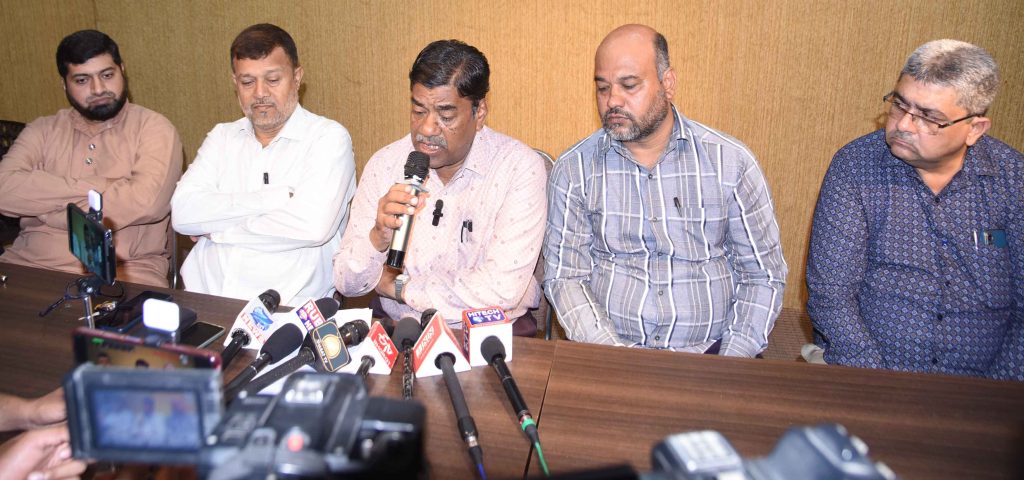
The Week of Demands:
Undeterred by the lack of progress in addressing their concerns, the federation has announced a “week of demands” for Urdu journalists across the state. Scheduled to take place from July 10 to 17, this event aims to bring the government’s attention to the urgent issues faced by Urdu journalists. Throughout the week, the federation plans to present a memorandum with ten demands named after the chief minister. These memorandums will be presented to state ministers, members of the assembly and council, members of parliament, collectors, DPRO, and other elected representatives at both the state and district levels.
The Demands:
Revocation of G.O. 239: The federation demands the immediate revocation of G.O 239 issued by the Department of Information and Public Relations in 2016. Furthermore, the federation proposes the formation of a committee comprising representatives from Telugu, English, Hindi, and Urdu languages, as well as various media platforms, to draft a contemporary order that addresses the current conditions and requirements. The committee should include representatives from major and small newspapers, electronic media, satellite and cable television, digital media, photojournalists, video journalists, magazines, and freelance journalists. The recommendations of this committee should form the basis for a new order.
Restoration of Accreditation Cards: The federation insists on reinstating the issuance of accreditation cards for Urdu journalists at the Mandal level, as it was done prior to 2016.
Accreditation for Small Newspapers: The federation advocates for the issuance of accreditation cards to small newspapers categorized under C category in the districts.
Representation of Urdu Journalists: The federation urges the inclusion of Urdu journalists in accreditation committees at both the state and district levels. Additionally, an Urdu journalist should be nominated to the state media academy.
Pension Scheme for Journalists: The federation proposes the implementation of a pension scheme for journalists in Telangana. Journalists aged 55 years with at least 25 years of experience should receive a monthly pension of Rs. 10,000.
Improved Healthcare Facilities: The federation calls for the inclusion of journalists and their family members in the new health scheme announced for government employees. They emphasize the need for better healthcare facilities for journalists and their families.
Allocation of Advertisement Budget: The federation demands an annual allocation of Rs. 200,000 in the budget for each small Urdu newspaper and magazine for advertisements.
Educational Privileges: Journalists’ children should receive a 50% fee discount in private schools and colleges. Additionally, they should be entitled to educational privileges under the right to education.
Housing Allotments: Regardless of accreditation cards, Urdu journalists should be eligible for land allotments or double-bedroom apartments in the state.
Journalists Security Act: The federation advocates for the enactment of the Journalists Security Act in Telangana, similar to the one implemented in Maharashtra. This act should protect journalists in the state and ensure their freedom of expression, shielding them from personal attacks or restrictions on their rights.
The Media meet was addressed by M. A. Majid, State President, Syed Ghouse Mohiuddin, State General Secretary, M.A.K. Faisal, State Vice President along other members. (Maxim News)
Next Story :
Now you can get the latest stories from Indtoday on Telegram every day. Click the link to subscribe. Click to follow Indtoday’s Facebook page and Twitter and Instagram. For all the latest Hyderabad News updates



